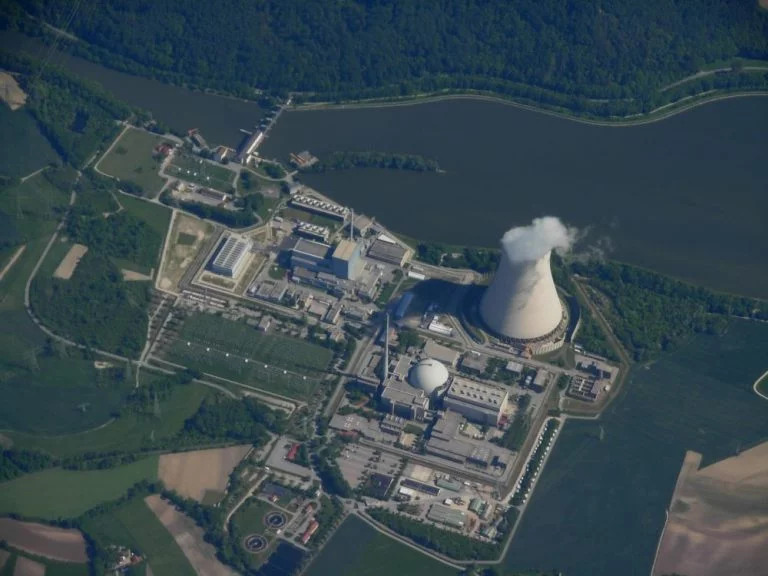France, Greece and Bulgaria have pledged to increase renewable energy targets by 2030 as the European Union’s National Energy and Climate Plans (NECPs) were submitted by the 28 member states.
To reach 2030 climate targets, the European Commission has estimated that approximately €180 billion per year of extra investment in energy efficiency and renewables will be needed.
“France has decided to raise its objective from 32 to 33 per cent,” said Fabrice Dubreuil, a permanent French representative to the EU at this week’s meeting in Brussels.
Greece said it would raise its renewables target from 31 to 35 per cent and Bulgaria from 25 per cent to 27 per cent.
Greece, which burns large quantities of filthy lignite, told the UN climate summit in New York that it planned to phase out coal by 2028.
European ministers decided not to exclude nuclear projects from sustainable financing, despite the demands of three member states and MEPs.
A majority of member states did not want to exclude nuclear energy, as Germany, Austria and Luxembourg had demanded.
“We have strong concerns that the proposed framework would leave the door open to diverting financial resources away from environmentally sustainable activities and into technologies that cannot be considered either safe or sustainable,” the three countries announced in a statement.
“Nuclear energy is not safe and sustainable nor cost-effective,” said German energy secretary, Andreas Feicht, in Brussels this week. “So we reject the idea of EU money to extend the life of nuclear power stations.”
Populist-run member states were keen to secure extra EU funding.
Poland, the Czech Republic and Hungary said there was a need to increase financing to meet the EU’s 2030 energy and climate targets.
Coal currently makes up about 80 per cent of Poland’s energy generation and is only expected to fall to 50 per cent by 2040. According to the European statistics agency Eurostat, renewables made up 10.9 per cent of Poland’s energy mix in 2017, which will need to increase to 15 per cent by 2020 to comply with the EU’s environmental targets.
Poland heavily opposes EU energy and climate targets.
“It’s easy to lay down political objectives but more difficult to realise them,” said Krzysztof Tchorzewski, Warsaw’s energy minister. Poland’s targets “are already very ambitious”, Tchorzewski told the Brussels event. The minister said any increase would bring “dangerous socio-economic costs” for Poland.
The former communist state’s transition to renewables “should be covered by EU funds in the spirit of European solidarity”, Tchorzewski said. Discussions are ongoing on the EU’s 2021-27 budget.
Prague also said it would struggle to make EU targets.
“We are currently analysing whether there are sufficient funds available” to boost the share of renewables, said the Czech delegation.
The Latvian representatives said it was “essential to find additional public financing for the implementation of targets” and more challenging targets would require increased funding.
Isar II, Bavaria, Germany. Berlin is trying to ditch nuclear power. Picture credit: Flickr
Did you like it? 4.5/5 (28)







